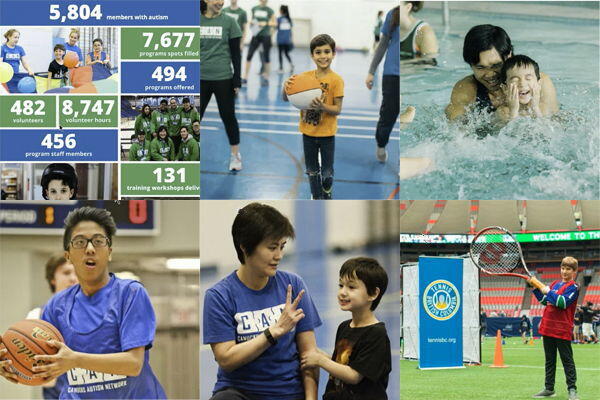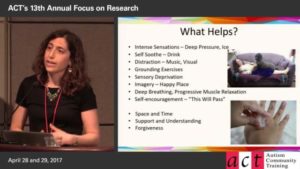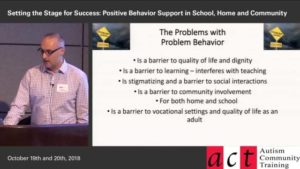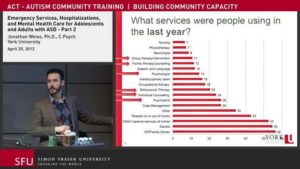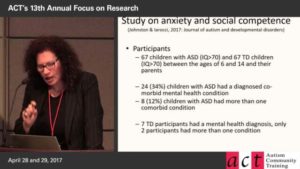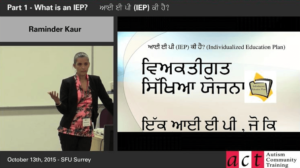Filmed at ACT’s Setting the Stage for Success: Positive Behavior Support in School, Home and Community– October 19, 2018
Part of a video learning stream on Positive Behavior Support.
Dr. Lynn Kern Koegel, respected internationally for her research and clinical practice, discusses various intervention procedures for decreasing challenging behaviors. The emphasis is on Positive Behavior Support procedures that are coordinated, multi-component, and systematically implemented throughout the day. Dr. Kern Koegel also provides many example of how challenging behaviors can be avoided in the first place. This presentation will appeal to both professionals and families for its reliance on important research as well as respect for individuals with autism and challenging behaviors.
Lynn Kern Koegel, PhD, CCC-SLP, Clinical Professor, Stanford School of Medicine, Stanford University, California
Dr. Kern Koegel has been active in the development of programs to improve communication in children with autism for over 40 years. In addition to her published books and articles in the area of communication and language development, she has developed and published procedures and field manuals in the area of self-management and functional analysis that are used in school districts and by parents throughout the United States, as well as translated to other major languages.
Dr. Lynn Kern Koegel is the co-author of “Overcoming Autism: Finding the Answers, Strategies, and Hope That Can Transform a Child’s Life ” and “Growing Up on the Spectrum: A Guide to Life, Love, and Learning for Teens and Young Adults with Autism and Asperger’s”, published by Viking/Penguin. Dr, Kern Koegel and her husband, Robert Koegel, are the developers of Pivotal Response Treatment, which focuses on motivation. The Koegels have been the recipients of many awards, including the first annual Children’s Television Workshop Sesame Street Award for “Brightening the Lives of Children”, the first annual Autism Speaks award for “Science and Research” and the International ABA award for “enduring programmatic contributions in behavior analysis.”

